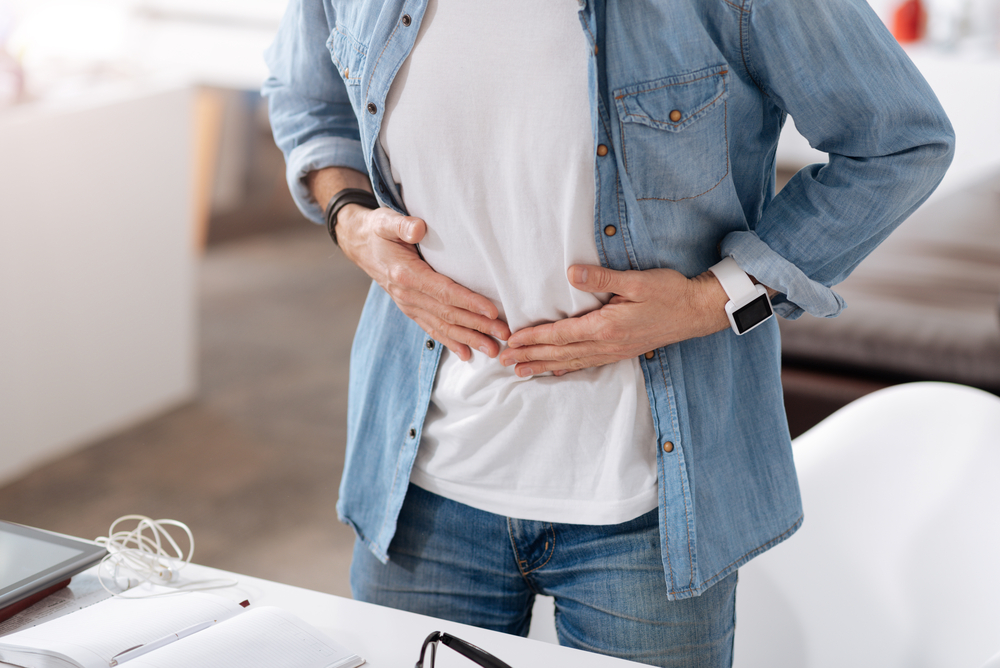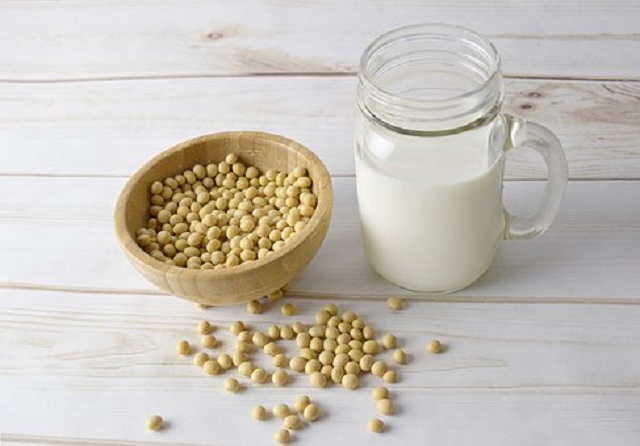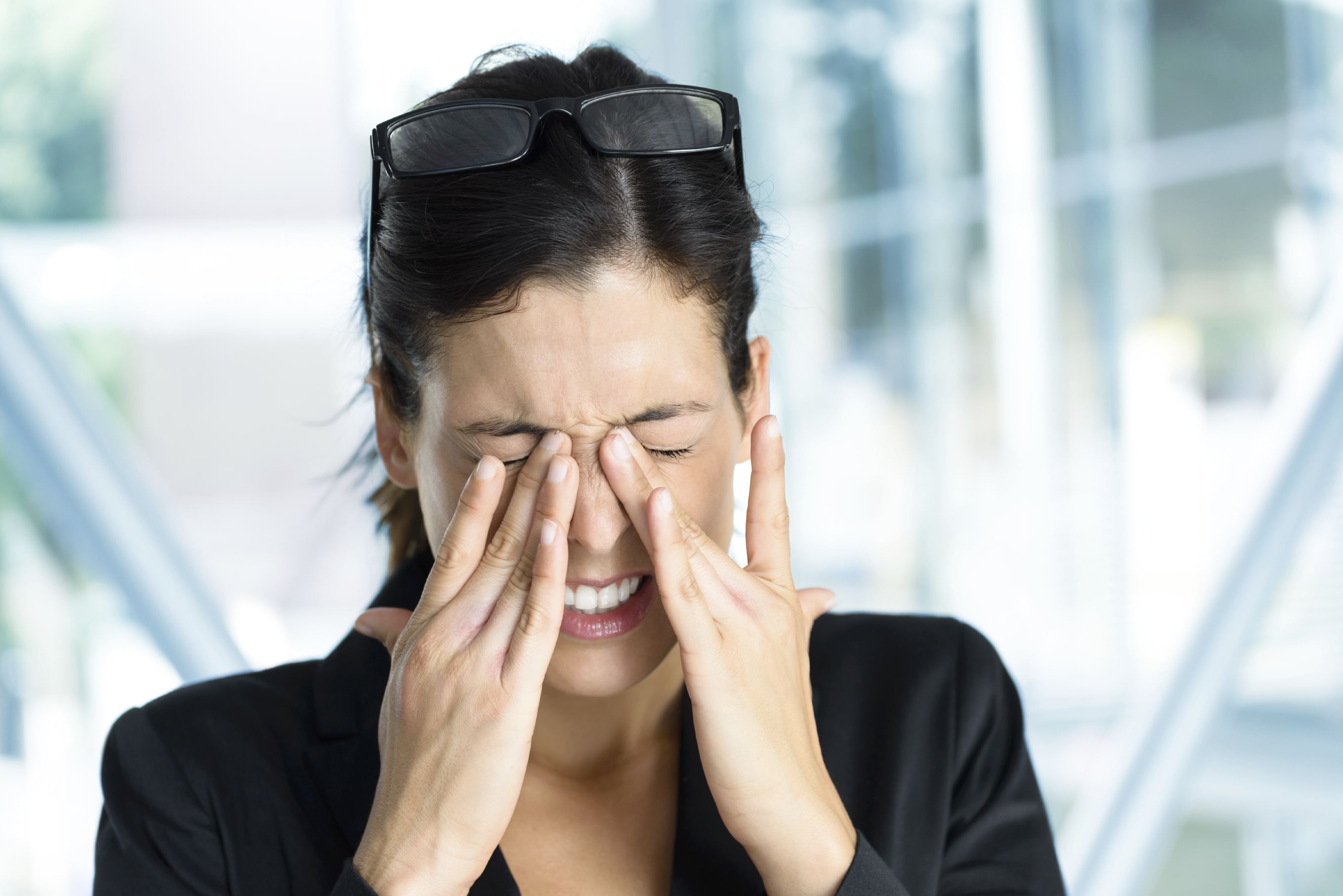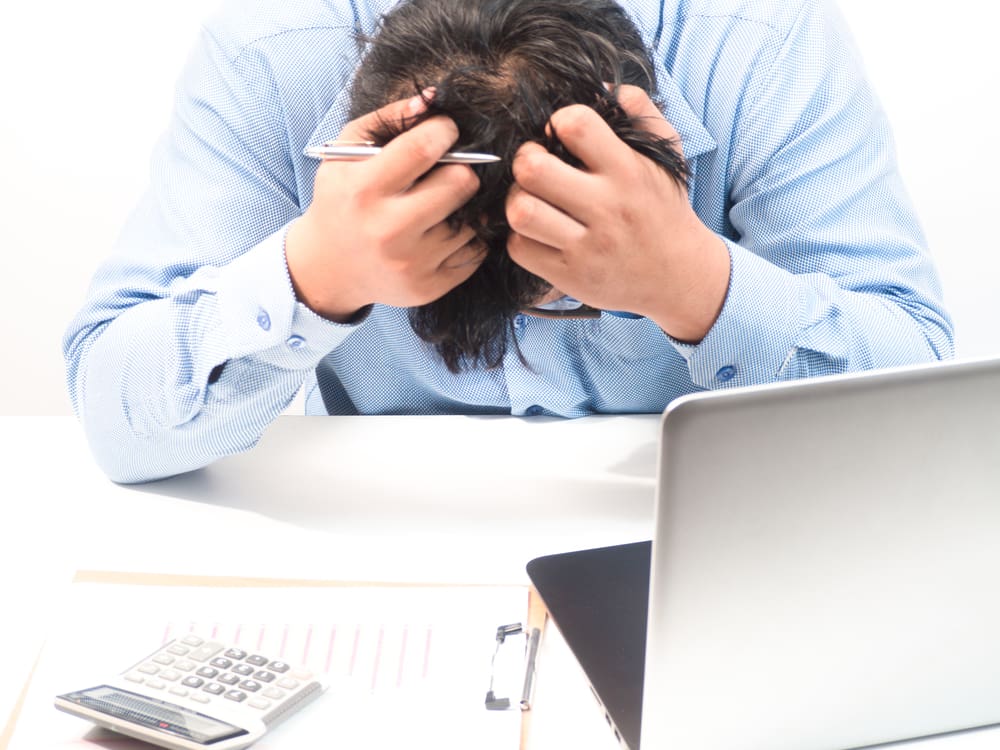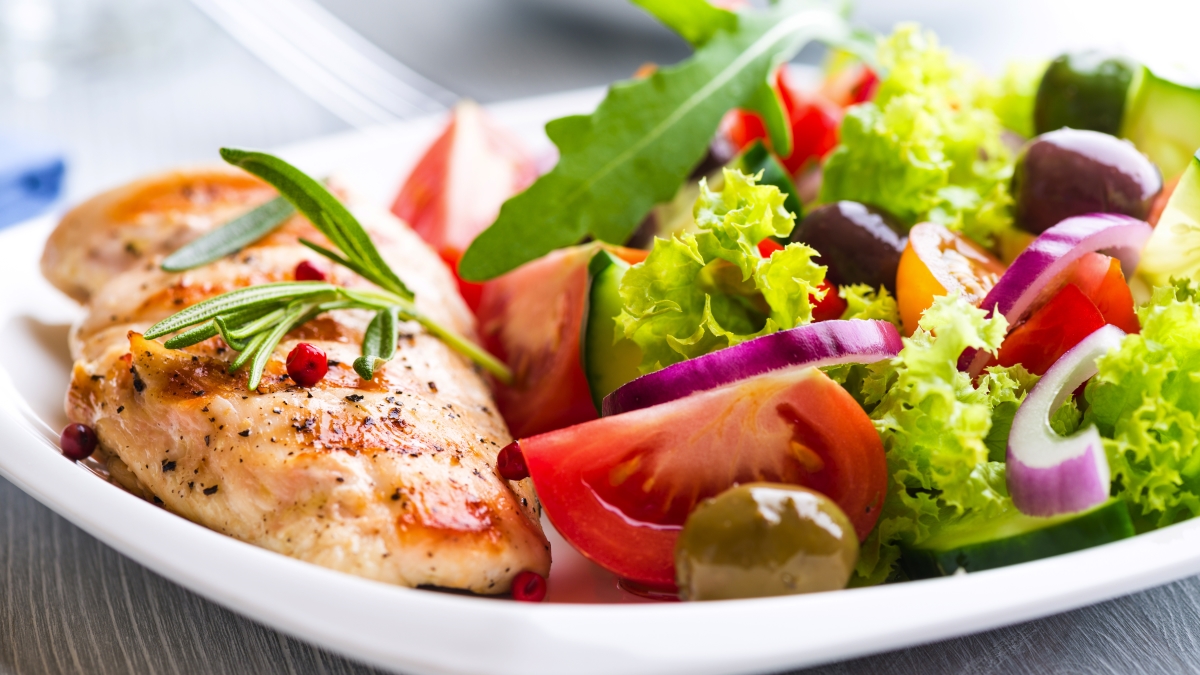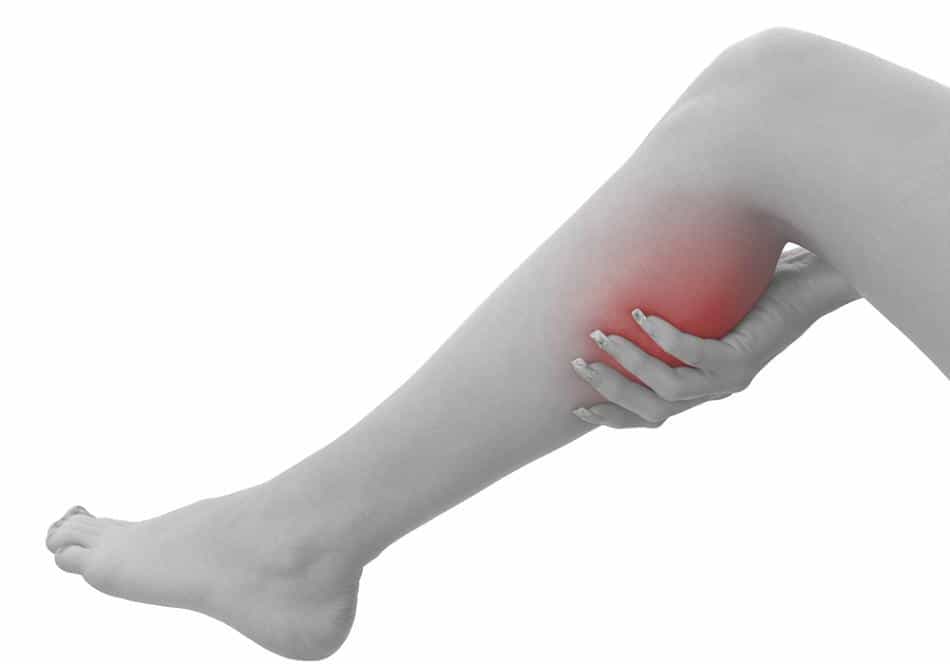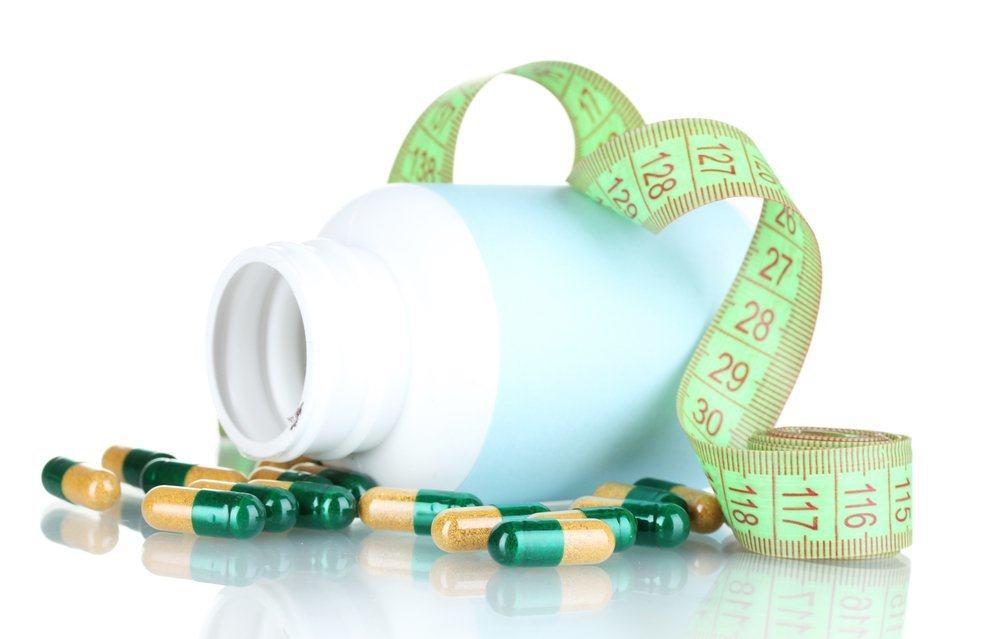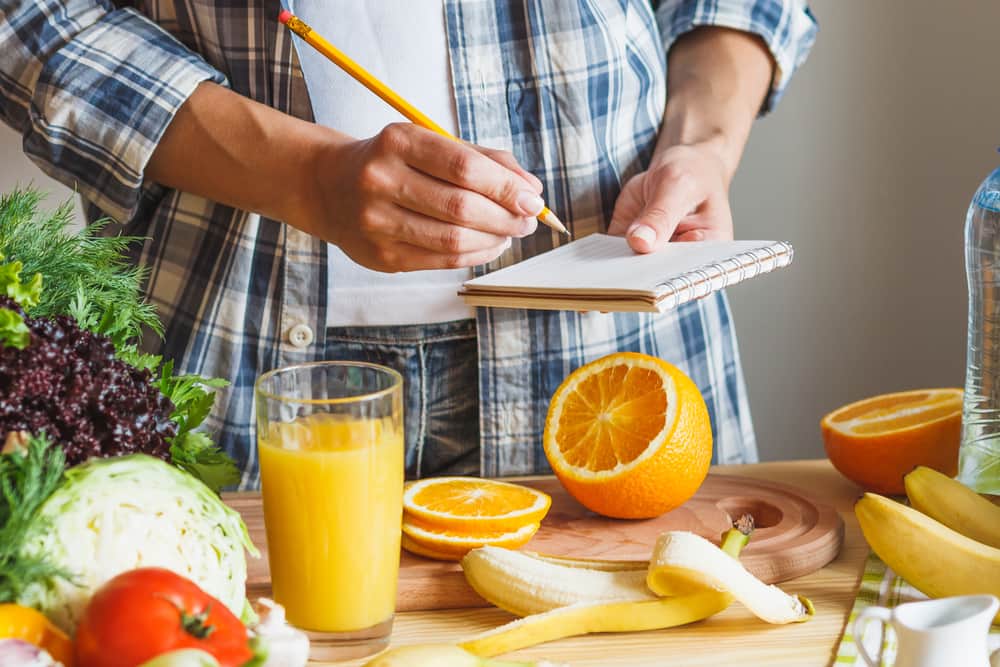Contents:
- Medical Video: Food Poisoning Treatment Tips
- Why do we get food poisoning?
- What are the signs and symptoms of food poisoning?
- How to deal with correct food poisoning
- Tips to prevent food poisoning
Medical Video: Food Poisoning Treatment Tips
Food poisoning cases are still often found in many developing countries, Indonesia is one of them. In most cases, food poisoning is caused by careless eating habits on the roadside. Symptoms of food poisoning do not appear immediately after eating unclean food, so many people do not realize they have fallen ill. In fact, food poisoning can lead to death if not handled properly. Learn how to overcome food poisoning below before it's too late.
Why do we get food poisoning?
How to process and prepare foods that are not sterile, foods that are not cooked until cooked, and poor personal hygiene can invite pathogens that cause poisoning perch on food. The most common cause of food poisoning is bacteria, although it can also be caused by fungi, algae, parasites, or viruses.
The germ eventually enters to be swallowed with food and lands in our digestive tract. When germs remain in the body, they will continue to multiply in the digestive tract while producing poisons that irritate the digestive tract wall, sometimes even damaging the tissue.
What are the signs and symptoms of food poisoning?
Symptoms of food poisoning do not appear immediately once you eat contaminated food. Germs that cause poisoning require a long time to multiply in the body. Salmonella bacteria, for example, require an incubation time of about 6-72 hours, so that new symptoms will appear 2-5 days after consuming these foods.
Campylobacter bacteria have a longer incubation period than Salmonella, which is up to 2-5 days. After the incubation period, then you will feel the symptoms of food poisoning.
Some common signs and symptoms of food poisoning are:
- Nausea and vomiting
- Diarrhea (can even be accompanied by blood if poisoning is caused by the bacteria Campylobacter or E. coli).
- Stomach aches and cramps, usually within 12-72 hours after eating
- Dehydration, as a further symptom of nausea and vomiting
- Headache
Food poisoning can also cause other symptoms, such as fever, shortness of breath, muscle aches, until feeling weak and tired for no apparent reason. These complaints will last for 1-3 days, depending on the type of pathogen that causes it.
How to deal with correct food poisoning
How to overcome food poisoning will be adjusted by the cause, because of different germs, different ways of treatment. However, most cases of food poisoning can heal on their own and do not require special treatment.
Here are some general principles for dealing with food poisoning that you can do at home before getting medical help:
- Get enough rest.
- Drink plenty of water to prevent dehydration. Can also be added by drinking ORS (salt and sugar solution).
- Take antidiarrheal drugs to condense feces while absorbing toxins in the intestine, such as aluminum hydroxide or kaopectate.
- Do not give antimuntah drugs. Only give the drug if you or the patient has severe dehydration.
- Eat dense foods, such as biscuits, dry cereal slowly until you can return to eating food as usual. This also applies to children.
- Apply a healthy lifestyle and always maintain personal hygiene.
If you have diabetes, a low immune system, old age, or have liver disease, you can take antibiotics (for example Ciprofloxacin 2 × 500 mg for 5 days) to prevent further infection. But in this case it's good if you consult with your doctor first.
Tips to prevent food poisoning
- Wash your hands before eating food.
- If you store food in a freezer (freezer), make sure the temperature is below 4ºC.
- When storing, separate raw and cooked food ingredients.
- Always use clean water and fresh food.
- Wash fruits and vegetables first before cutting, peeling or eating directly.
- Cook the food until it's completely cooked.
- Store each food in an airtight container and away from sun exposure.
- Avoid consuming processed unpasteurized dairy products.

